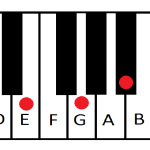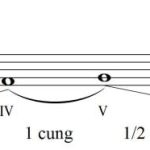Câu hỏi 156. Đối với trường hợp áp dụng hình thức xử lý kỷ luật sa thải do tái phạm thì hành vi tái phạm của NLĐ có bắt buộc phải là giống với hành vi đã bị xử lý kỷ luật trước đó không? Nội dung NQLĐ của doanh nghiệp có quy định: “NLĐ sẽ bị xử lý kỷ luật kéo dài thời hạn nâng lương nếu NLĐ tái phạm bằng việc thực hiện một hành vi vi phạm khác mà NLĐ đã bị xử lý khiển trách trong thời gian 06 tháng gần nhất không kể NLĐ có lặp lại cùng một hành vi vi phạm hay không” thì có trái với quy định của pháp luật không?
1. Đối với trường hợp áp dụng hình thức xử lý kỷ luật sa thải do tái phạm thì hành vi tái phạm của NLĐ có bắt buộc phải giống với hành vi đã bị xử lý KLLĐ trước đó không? Theo Điều 125.2 BLLĐ, tái phạm được hiểu là trường hợp NLĐ lặp lại…

















